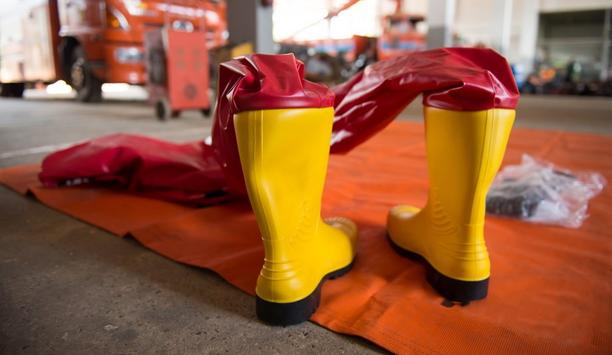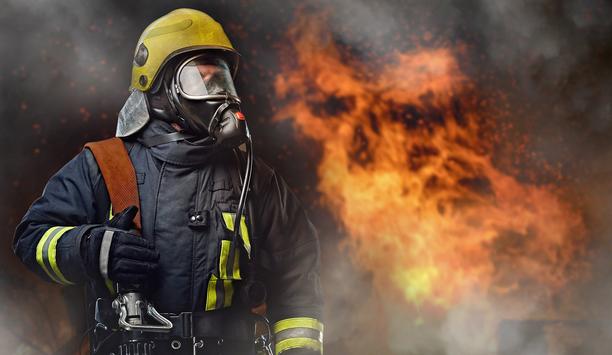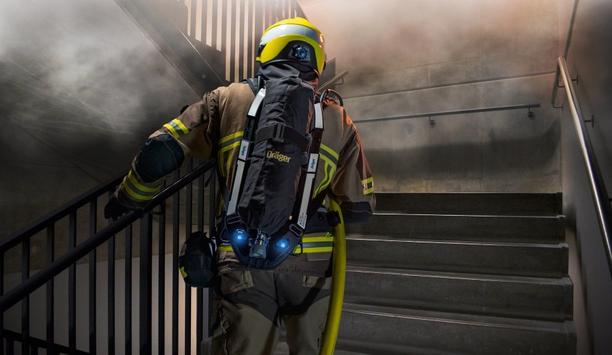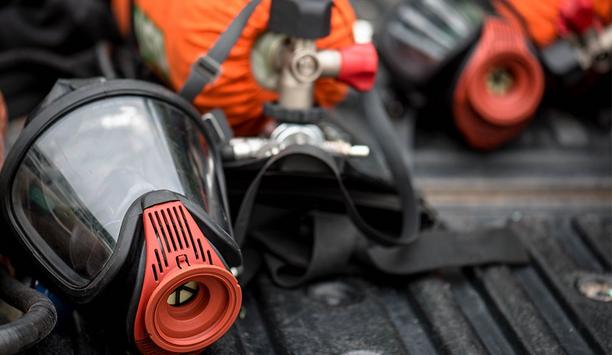Robert Jenrick MP, The Secretary of State for Housing, Communities, and Local Government, announced a “New £30 million fund for leaseholders in England to pay for the installation of fire alarm systems in high-rise buildings with cladding.”
Adding that this will remove or reduce “the need for costly interim safety measures such as waking watch.”
Install common fire alarms
The written statement continues by saying that “This step is supported by the National Fire Chiefs Council who have been clear in their updated October guidance that building owners should move to install common fire alarms as quickly as possible to reduce or remove dependence on waking watch.”
BAFE supports this decision by Government but also highlights inconsistencies and confusion with legislation and guidance available for high-rise accommodation. Common areas should have appropriate and regularly maintained fire detection and fire alarm/evacuation alert systems in place to notify residents of any danger as early as possible.
competency work
UKAS Accredited Third Party Certificated organizations should be used to deliver competent fire safety works
BAFE continues to be adamant that only UKAS Accredited Third Party Certificated organizations should be used to deliver competent fire safety works and that this should be mandated by Government.
This would sit in line with gas engineering competency work with Gas Safe, with the fire safety industry already in place to assist Government in regulation.
life safety critical services
Jonathan O’Neill, Managing Director of the Fire Protection Association, directly addressed the Minister of State (Minister for Building Safety and Communities Lord Stephen Greenhalgh) at the Fire 2020 event (04/11/2020) saying, “However reassuring the word competent feels, is simply not prescriptive for life safety critical services that support fire."
He adds, "While I am fully supportive of the work led by the Construction Industry Council [CIC] on their competence framework, the building blocks are there but ambiguity still exists."
independent Third Party Certificated organizations
Jonathan O’Neill continues, "The simple way of ensuring competence is by independent Third Party Certification. The Government has recognized this for many years in the regulation of gas, we now need to embrace it in fire. Don’t restrict it to risk assessments, extend it to those supplying life safety fire protection equipment and services."
He adds, "There is currently no consistent definition of what competency looks like for fire risk assessors, building managers, installers or maintainers of active or passive fire protection systems.”
BS 5839-1
Periodic inspection and servicing needs to be carried out by a competent person with specialist knowledge"
For fire detection and fire alarm systems it is noted in the relevant British Standard (BS 5839-1) that, “periodic inspection and servicing needs to be carried out by a competent person with specialist knowledge of fire detection and fire alarm systems, including knowledge of the causes of false alarms, sufficient information regarding the system, and adequate access to spares.”
It continues to outline that the “competence of a fire alarm servicing organization can be assured by the use of organizations that are third-party certificated, by a UKAS-accredited certification body, to carry out inspection and servicing of fire alarm systems.”
robust and competent fire safety
Stephen Adams, Chief Executive of BAFE, comments “Premises managers require clearer definition of who is suitably competent to fulfil specific fire safety work."
Stephen Adams adds, "Stipulating appropriate UKAS Accredited Third-Party Certification (as BS 5839-1 notes) offers independent evidence of competency which, if mandated, would create a more robust and competent fire safety industry.”






